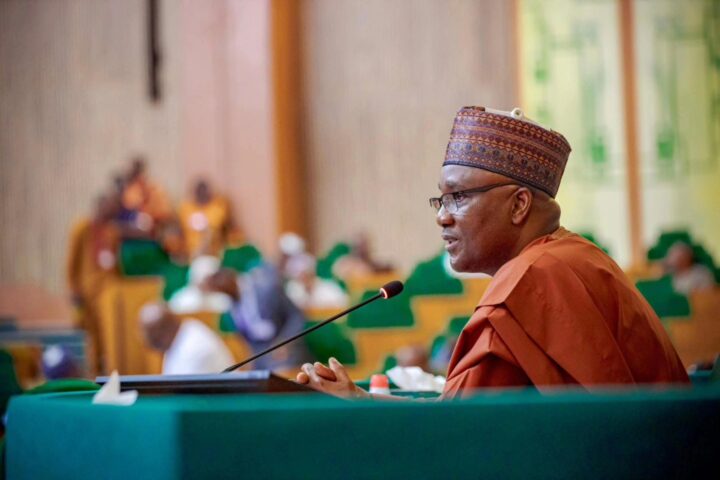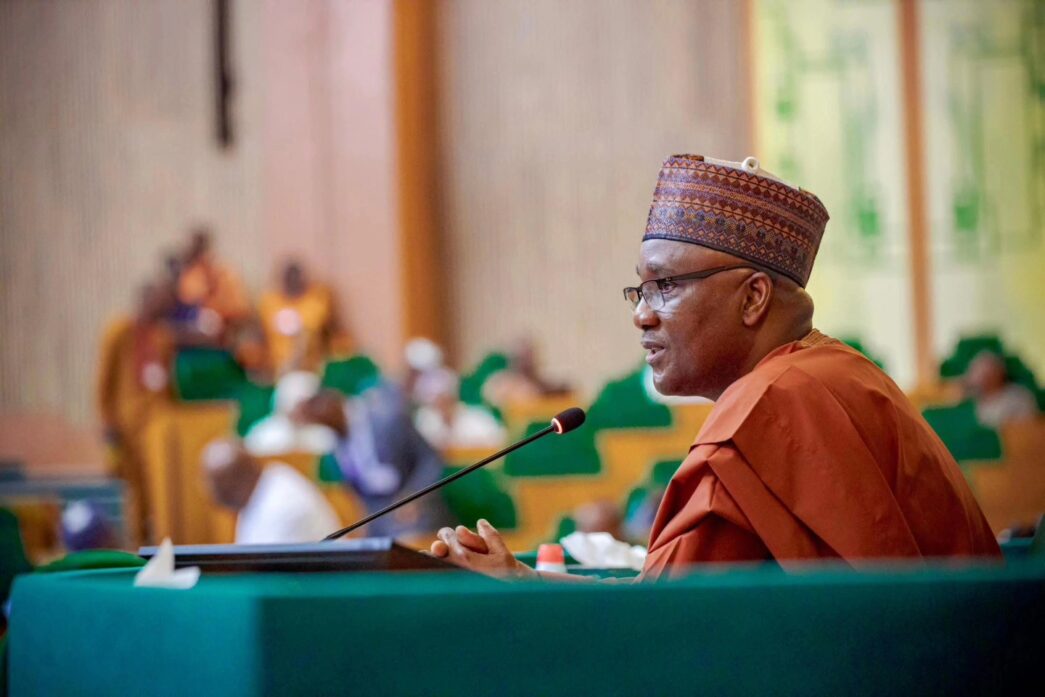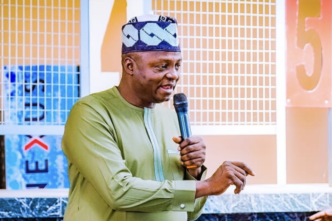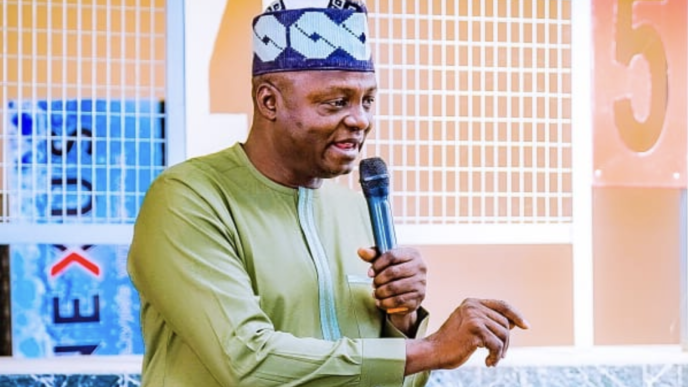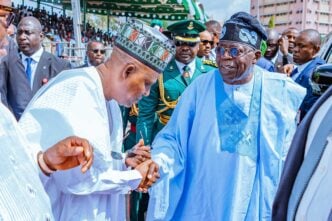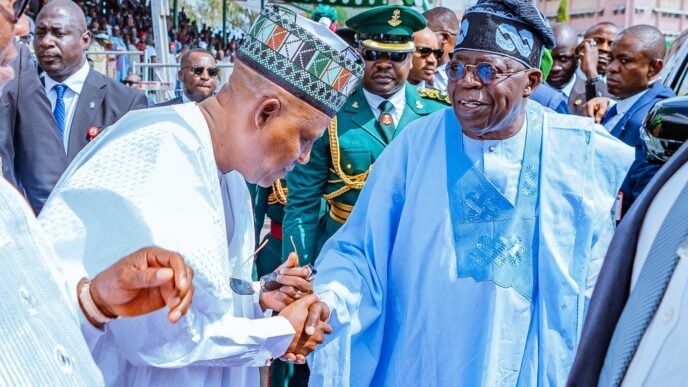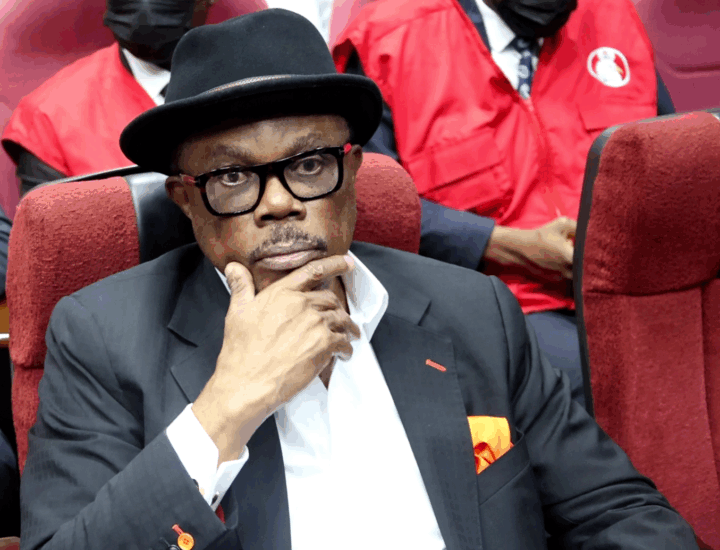Tajudeen Abbas, speaker of the house of representatives
Tajudeen Abbas, speaker of the house of representatives, has reaffirmed the national assembly’s commitment to addressing women’s underrepresentation in Nigerian politics through constitutional reform.
Speaking on Wednesday at a town hall and strategic roundtable on the Reserved Seats for Women Bill in Abuja, Abbas described the initiative as a crucial step toward equitable governance and inclusive democracy.
The event brought together lawmakers, civil society groups, international partners, and advocacy organisations to deliberate on pending legislation aimed at creating special seats for women in Nigeria’s federal and state legislatures.
“The presence of more women in legislative chambers is not charity. It is an investment in quality lawmaking. Women bring perspectives on health, education, social welfare, entrepreneurship, community security and conflict resolution,” Abbas said in his keynote address.
Advertisement
“These are not women’s issues. They are national priorities. When women sit at the table, the table becomes stronger, steadier and more sensitive to the realities of our people.”
The speaker outlined several bills currently before the national assembly — HB 1189, HB 1349, HB 1421, and HB 1811 — all designed to enhance women’s participation in politics through constitutional amendments and institutional reforms.
The proposals include additional seats for women in the senate, house of hepresentatives, and state houses of assembly.
Advertisement
Some bills propose that each state and the federal capital territory (FCT) should elect additional female lawmakers, while others suggest establishing regional special interest seats for women and persons with disabilities.
Abbas explained that while the proposals are “thoughtful and ambitious”, some would pose implementation challenges, particularly regarding constituency delineation, finance, logistics, and time.
He suggested synchronising the elections for reserved seats with governorship and senatorial contests to streamline logistics and lower costs.
“We should examine all the proposals to make them easier and more practical rather than more difficult,” he said.
Advertisement
Addressing critics who argue against special measures, he stressed that temporary affirmative actions are globally accepted mechanisms to address systemic imbalances.
“Well, the answer is simple: the playing field is not level,” Abbass said, noting that economic barriers, party gatekeeping, and cultural stereotypes encourage underrepresentation of women in governance.
He said all the bills include a sunset clause with provisions to be reviewed 16 years after implementation, adding that the provisions will commence after the life of the 10th assembly.
Abbas also clarified that no current legislative seat would be taken away.
Advertisement
To ensure broad-based support and strategic coordination, he announced the formation of a joint working and strategy advocacy committee, comprising the house committees on women affairs and women in parliament.
He also proposed the creation of “reserved seats desks” in both chambers of the national assembly and in state houses of assembly to coordinate engagement, manage information, and track legislative progress.
Advertisement
“To my colleagues in both chambers, male and female, let us be frank: history will judge us. Our daughters will read this debate. Our sons will gauge our courage. We often say we want a Nigeria that works for everyone. Here is a way to prove it,” he said.
“We frequently lament the low number of women in politics. Here is a lawful and carefully crafted mechanism to change that. We often complain about global rankings that place Nigeria near the bottom in terms of women’s representation. Here is how we can move the needle. The cost is small. The reward is substantial.”
Advertisement

